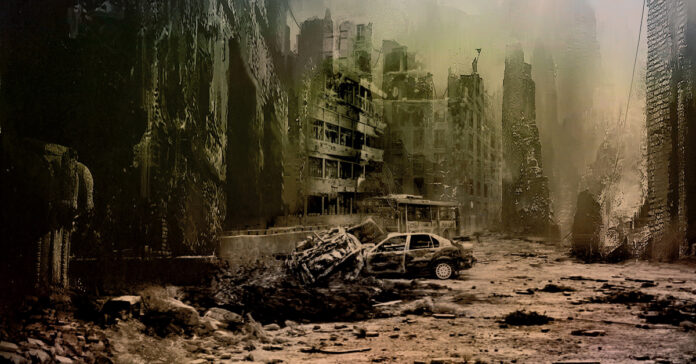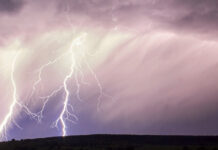Despite being born during the Cold War, I have spent most of my life in a period of relative peace. I think anyone born after WWII can probably say the same thing. Sure, there was Korea, Vietnam, and then the various gulf wars, but no world wars. Even the cold war ended.
Yes, there have been hundreds of wars and coups, but from our perspective as young Americans, these were minor wars, often fought between small countries on foreign shores and rarely involved U.S. military personnel.
The Ukraine War is Different
The War in Ukraine is different because Russia isn’t fighting a proxy war. If Russia had used Belarus to attack Ukraine, that would be a proxy war, but Russia didn’t used a proxy. Its own men are on the field of battle.
It is also different because it isn’t taking place in the Middle East, South America, or Africa; it is taking place in Europe. That creates a heightened sense of concern in other European capitals when they realize that Russian paratroopers or missiles could fly their way in the not-too-distant future. It is also different because Russia has been a big scary bugaboo since most of the politicians in Europe and America were children. And it’s not without precedence. Russia has been involved in many conflicts.
But then again, so has Europe. European history is riddled with wars.
Is Conflict our Natural State?
Throughout history, progress is made because of conflict. Think how stone weapons gave way to bronze and then to iron and steel. How siege engines lead to cannon, and cannons to muskets and then rifles.
Canned food, something we preppers rely on, came about because Napoleon offered a reward to improve food preservation methods for his soldiers. I know I am much happier opening a canned ham than a barrel of salted pork.
More recently, scientists created radar for military use. World War II also brought us rocketry, which then led to space. The space race, which was part of the cold war competition between the U.S. and USSR, gave us more advances. Beyond the well-known Tang and Velcro, the space race gave us communication satellites, solar cells, the “space blanket” and freeze drying.
You could almost argue that without conflict, we’d still be nomads or hunter gatherers. But wait, even many of those cultures fought amongst themselves, raiding other parties for resources and captives.
Ah, resources. Competition for resources is the root of most wars, with freedom being the root of most civil wars and other internal conflicts. (Looking at the world from this perspective, you can see why we are in a dangerous time both within the U.S. and globally.)
Is War Inevitable?
If our natural state is one of conflict and competition, then is war a bad thing? Its effects certainly are both the effects on those fighting and the effects on those in the war zone. As the civilians in Ukraine, Israel, Gaza and even Russia are learning, there is no such thing as a clean war, unless you limit it to the soccer field or the Olympic stadium.
Even if war never reaches these shores, the economic and political effects could upend our way of life, cause our economy to collapse, and result in a change in governments. Or, it could cause us to pull together, rebuild the American manufacturing base, and emerge as a clear world leader. Neither outcome will come cheap.
But yes, I think war is inevitable. Maybe not today, but possibly this week in the Middle East. Or this year in Europe. Or next year in the South China Sea. Or down the road in an unexpected venue against an unforeseen enemy. Humans are a war-like animal that had to fight to survive. We will eventually revert to the mean.
All we as preppers can do is prepare for it. Prepare to weather the storm, living through it to reap the technological and other benefits afterwards.








